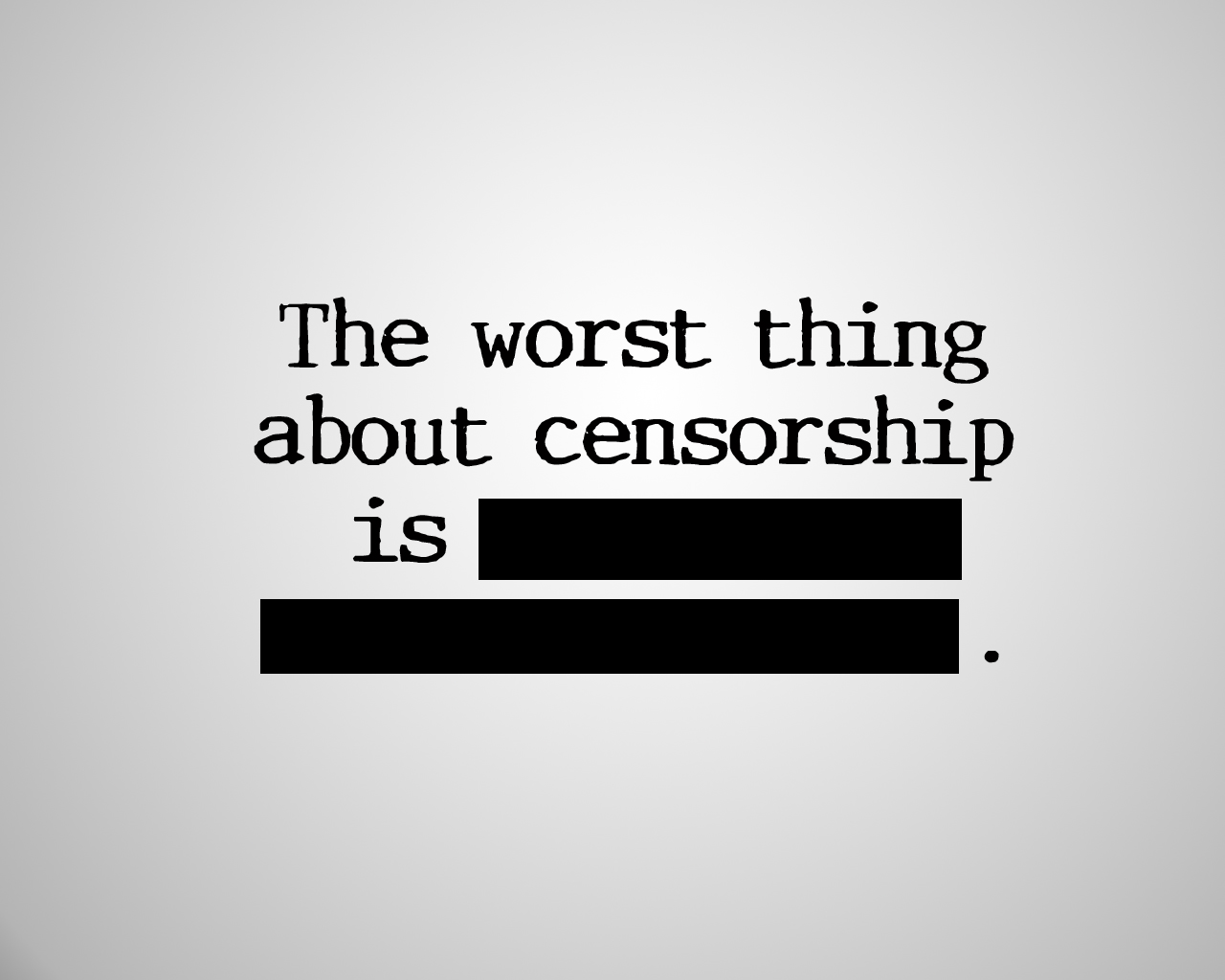ALEXIS CRUZ WRITES – Social media sites give users a platform to voice their opinions. They provide a means to communicate with others and express whatever they wish. Some people post disrespectful material, and that’s when censorship and social media ethics enter into the equation. This is a problem Qatar is mulling over as more of its laws try to enforce ethical behavior on social media and the government continues to ratchet up censorship.
Interestingly enough. however, Facebook recently published a report on government requests to turn over user data. Surprise! It turns out Qatar had made very few requests – only one in the first half in 2015 – and Facebook rejected all of them. Qatar has made fewer requests than several Arab countries, and had not blocked any content. By contrast UAE and Saudi Arabia often blocked Facebook content in their countries, some of which were critical of local leaders. (Of course Qatar, like the rest of the Middle East, blocks websites considered to be obscene.) Qataris still face some censorship on social media. Recent laws prohibit posting pictures of traffic accidents and so on on social media without consent, adding to the numerous laws that govern moral behavior in Qatar.
These kinds of posts were deemed inappropriate at a meeting about social media ethics in Doha, hosted by Qatar newspaper Al Sharq, a pro-government daily. TV presenter Asmaa Al Hamadi commented, “I always focus on positive issues,” but added that many users don’t always follow standards since their accounts, naturally, reflects their personal views. At the meeting, Jamal Khashoggi, the Saudi director general of the Al Arab news channel, warned that individuals could use social media to spread false information. And a video uploaded to social media showing a car crash in Qatar sparked outrage and calls to ban material related to people’s personal lives that may intrude on people’s privacy. Qataris may see this as a choice between freedom of expression and freedom of privacy, but in the end it’s the government that decides.

